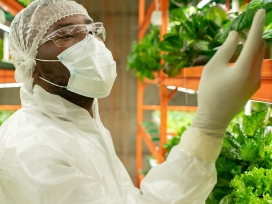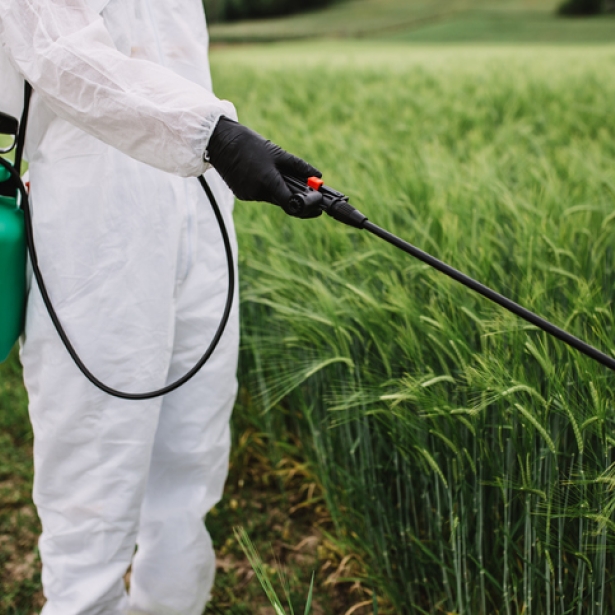
Opportunities in Europe's Biopesticide Market
When it comes to comprehensive guidance for agrochemicals in the EU, how does Exponent's multidisciplinary approach support your entire product and process lifecycle?
Exponent is unique in how it brings together bespoke teams of scientific specialists — agronomists, chemists, biochemists, health scientists, toxicologists, epidemiologists, and biostatisticians — to provide precise and objective scientific analysis and support for your most formidable agricultural chemical challenges. Whether it's assessing regulatory strategy for crop protection products, gathering data to support the EU Biological Assessment Dossiers, analyzing dietary exposure and toxicity levels — Exponent provides you with the rigorous technical support that you need to ensure that you are making better decisions when it comes to regulatory compliance, safety, human health, and sustainability.
Maximum residue limit
An MRL is the maximum concentration of a pesticide residue or contaminant recommended by national authorities and international organizations such as the CAC to be legally permitted or recognized as acceptable in or on a food, agricultural commodity, or animal feed.
Successful application for MRLs requires both technical knowledge and an understanding of the specific regulatory needs of importing countries. Many countries have historically relied on international standards established by the CAC for their MRL requirements, including the submission of a single application into the Codex system. In recent years, many countries have removed reliance on harmonized international standards and adopted their own national systems for MRL and/or import tolerances (IT) submissions and approvals. As a result, grower groups and agrochemical companies must now customize their applications to meet the requirements of specific governments, or states, around the world. Exponent's multidisciplinary team includes former regulators, industry experts, and agronomists who provide cutting-edge international regulatory expertise in residues, toxicology, and analytical chemistry, while our large-scale capacity enables us to quickly and cost-effectively submit high-quality MRLs and ITs across the globe.
Classification, labelling, and packaging
The Classification, Labelling, and Packaging (CLP) Regulation implements the UN Globally Harmonized System for chemical hazard classification in the EU, replacing the old Dangerous Substances Directive and Dangerous Preparations Directive. Under the Registration, Evaluation, Authorization, and Restriction of Chemicals (REACH), the Biocides Regulation and the Plant Protection Products Regulation, the vast majority of chemicals (excluding pharmaceuticals) are now assessed for classification under the CLP Regulation in Europe.
In the EU, Exponent can help clients ensure compliance with CLP by reviewing available data to determine classification and labelling for a substance, identifying where additional information may be required, and developing data collection strategies, and we are also able to derive the appropriate classification and labelling for complex mixtures. Additionally, Exponent can advise on strategies for dealing with severe classifications such as carcinogenicity and with the preparation of harmonized classification and labelling (CLH) dossiers and can provide support at technical committees considering proposed harmonized classifications.
Capabilities
Exponent provides the technical expertise and regulatory knowledge clients need to meet data, regulatory, and legislative requirements in the EU regarding agricultural chemicals — from assisting in aggregation and submission of data packages and applications submissions, to communicating with the regulatory authorities and responding to questions that arise during the evaluation process.
Our Capabilities Are Unparalleled
With expertise in over 90 disciplines and hundreds of capabilities, tools, and methodologies — we get to the root of even the most complex challenges and give you the objective answers you need.
![Consumer Products [PSMC]](/sites/default/files/styles/cards_home_card/public/media/images/GettyImages-171366863.jpg?itok=kX_6n8te)
Food
Food safety, nutrition, and dietary exposure assessments, and technical and regulatory support.
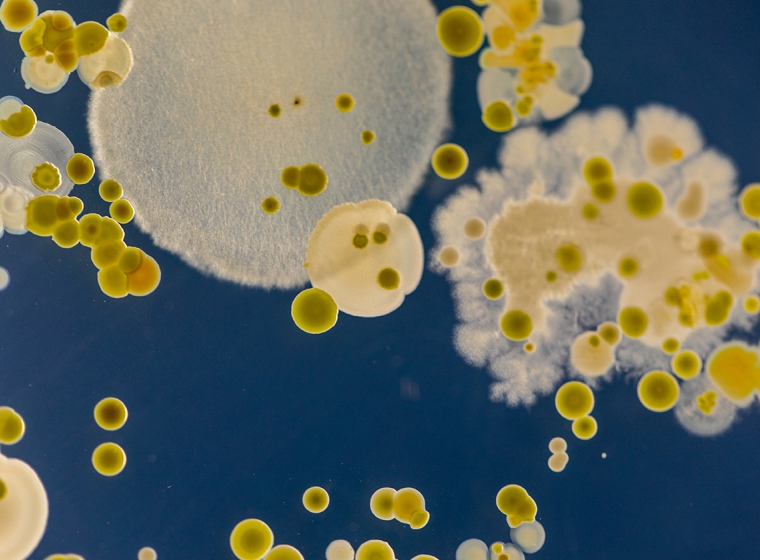
Biocides & Antimicrobials
Expertise in multifaceted regulatory requirements in biocide and antimicrobial product approval processes.

Agrochemicals & Pesticides
Navigate complex requirements for agrochemicals and pesticides in Europe and North America.
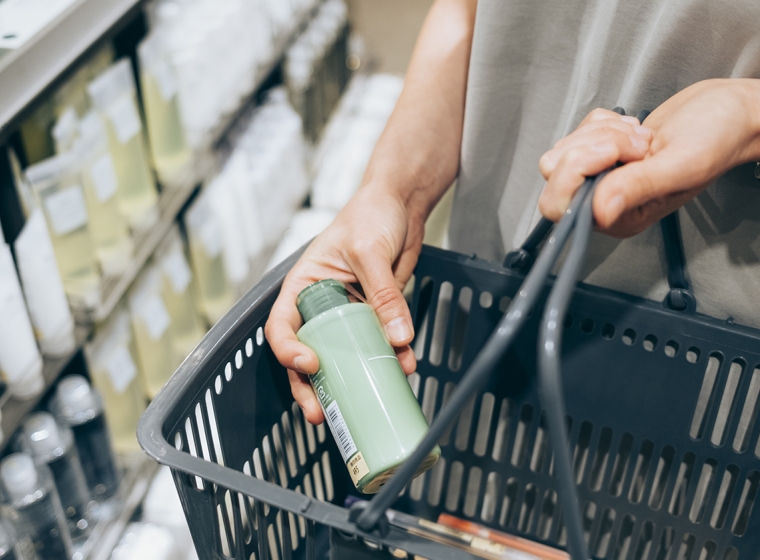
Consumer Products: Cosmetics & Personal Care
Personal care products consulting for registration, notification targets, and product development.
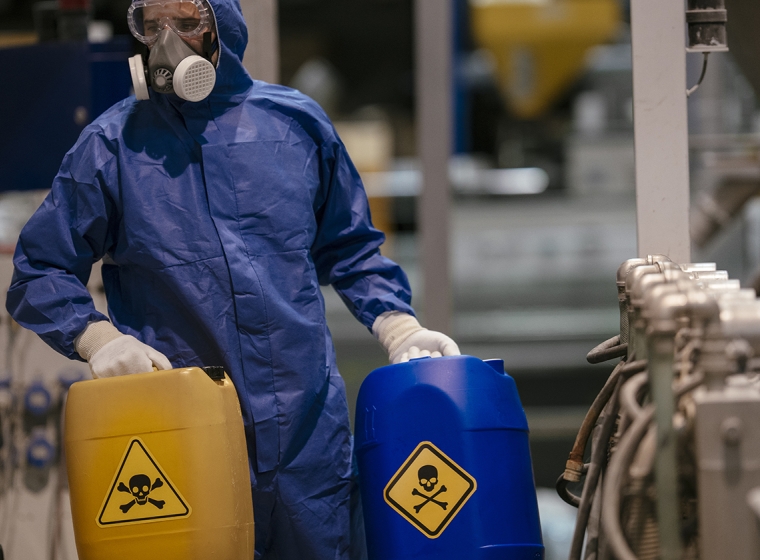
Industrial Chemicals
Regulatory support for chemicals, solvents, polymers, antimicrobials, biocides, and more.
Experts
Our global and comprehensive expertise across industries gives us a deep understanding of current challenges, best industry practices, and the implications of emerging technologies.


Practice Director and Principal Scientist























![Biocides [CRFS]](/sites/default/files/styles/hero_purple/public/media/images/GettyImages-1278640196.jpg?itok=YhTbg-2c)
![Biocides [CRFS]](/sites/default/files/styles/item_accordion/public/media/images/GettyImages-1131909366.jpg?itok=y9TbaoQu)
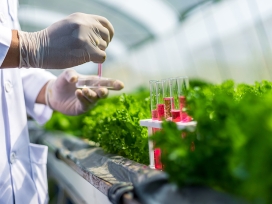
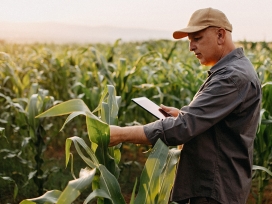
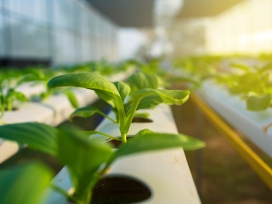
![Food, Beverage & Packaging [PSMC]](/sites/default/files/styles/item_accordion/public/media/images/GettyImages-982394848.jpg?itok=i8JqXRS4)

